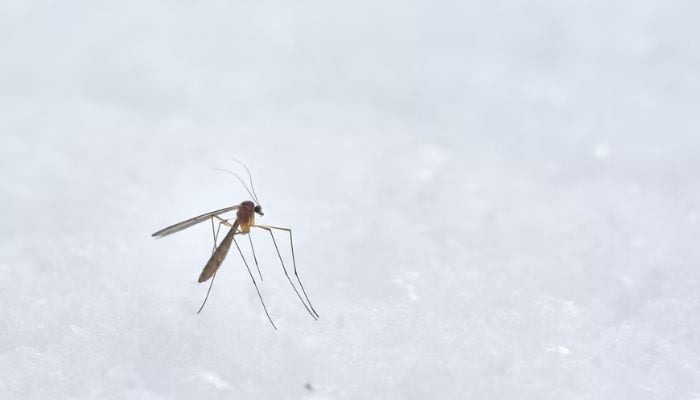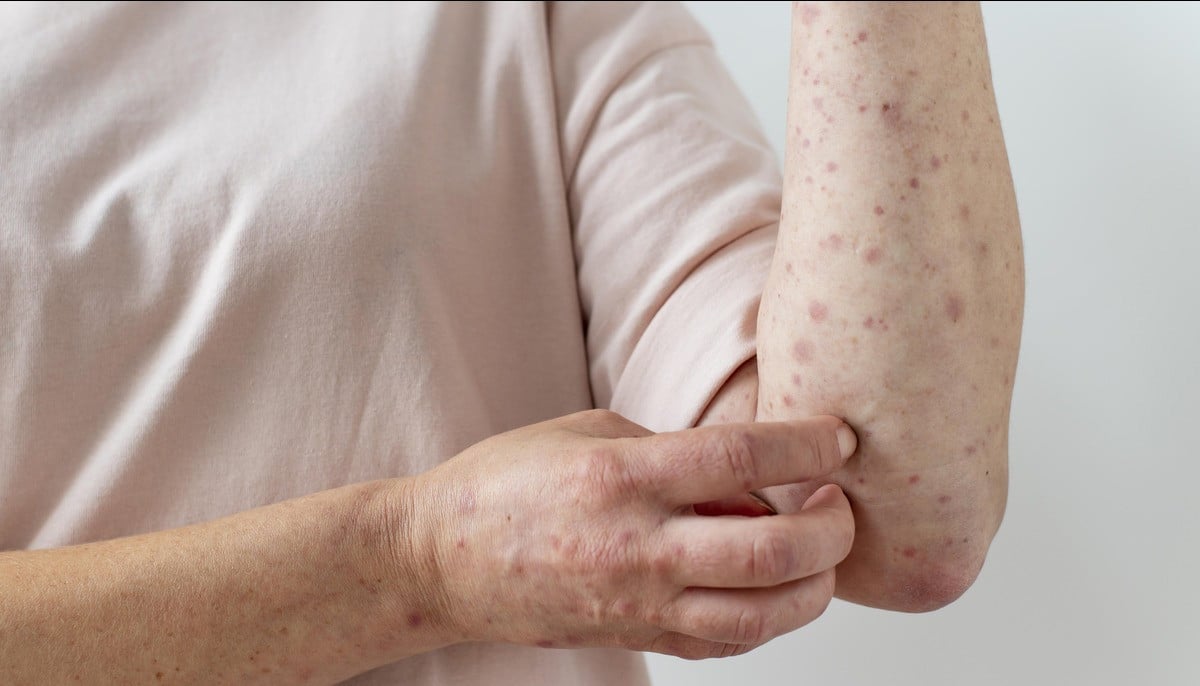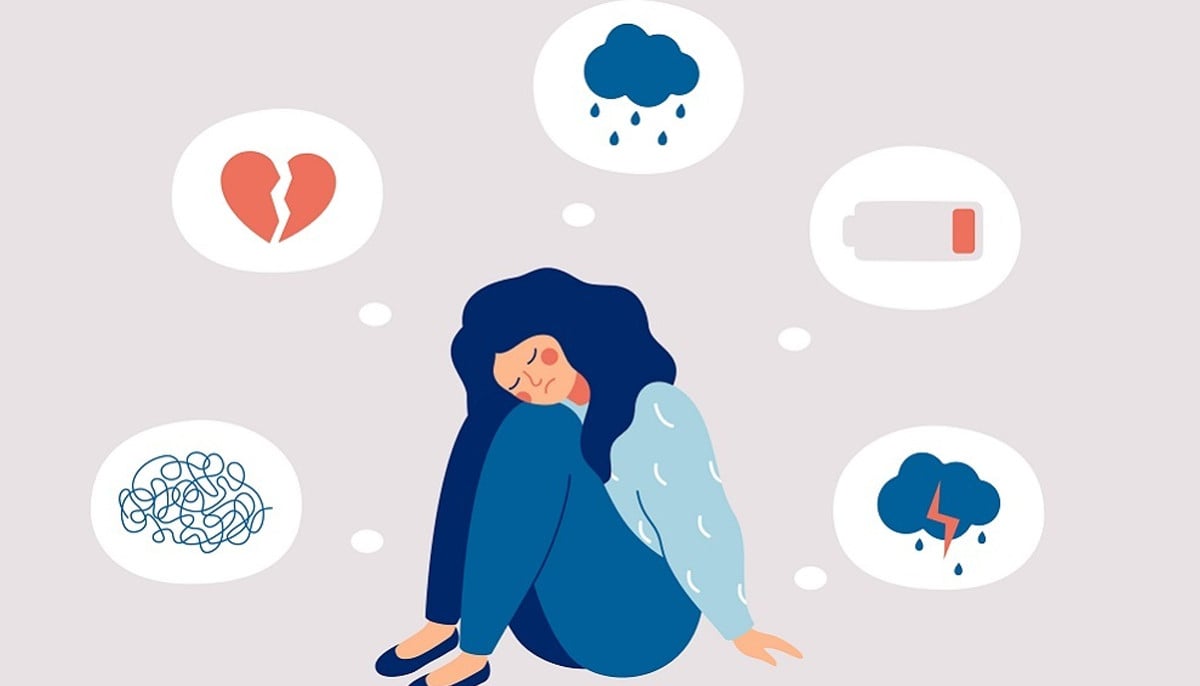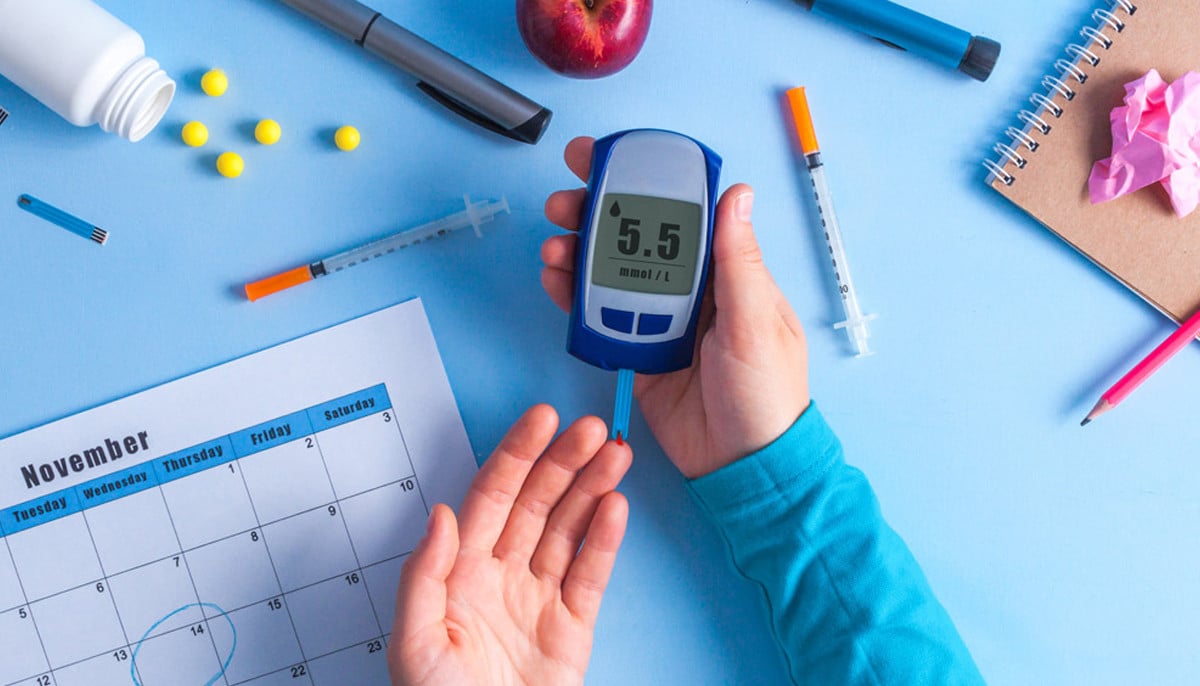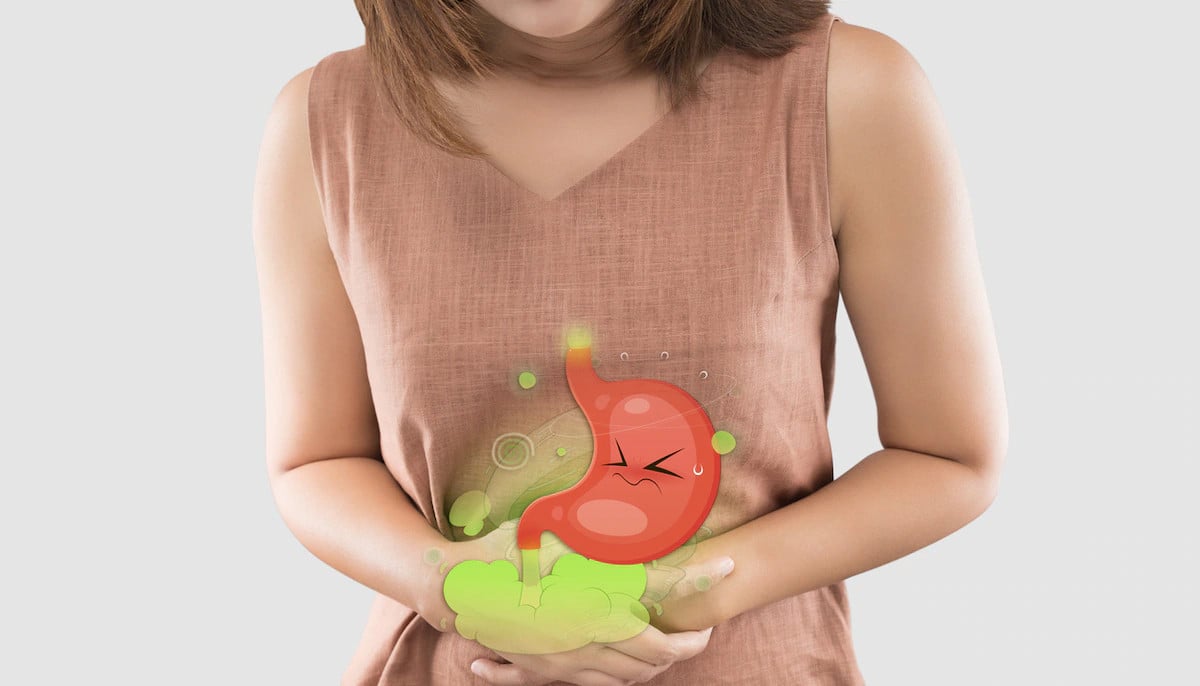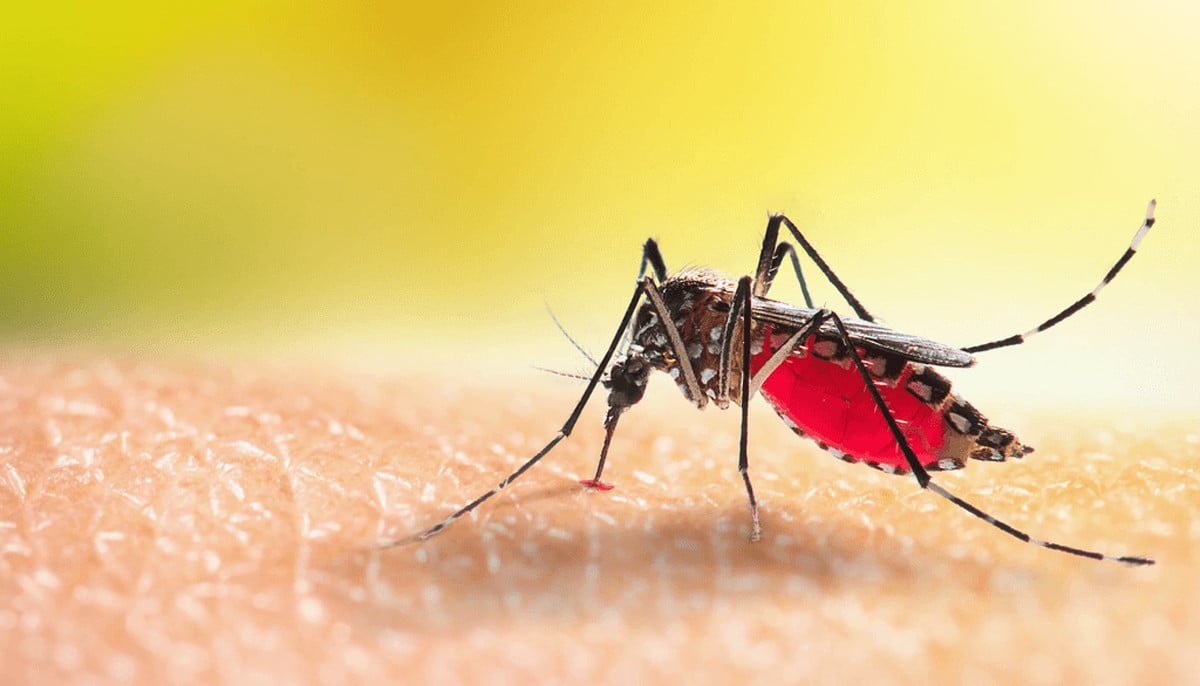Why do mosquitoes bite us?
Studies show that "pregnant women, people with diverse skin microbes and high body temperature and those with darker skin" could be more vulnerable
Some people claim that they are bitten by mosquitos more than others and often question why that happens.
A professor of public health at New Mexico State University, Dr Jagdish Khubchandani explained the matter to Medical News Today.
Dr Jagdish said that different studies had concluded different reasons as to why mosquitoes were attracted to humans including body colour, odour, microbes on the skin, skin temperature, carbon dioxide that humans exhale, diet type, and alcohol, among others.
Studies show that "pregnant women, people with diverse skin microbes and high body temperature and those with darker skin" could be more vulnerable.
However, there are thousands of chemicals that people produce, making it hard to judge how they affect mosquitoes' behaviour.
Carbon dioxide
Initially, mosquitoes are drawn in by CO2 released during cellular respiration. Female mosquitoes can smell CO2 and other odourants.
However, this does not explain why some people become victims more than others.
A study suggests that higher CO2 output can result in greater attraction. The study's authors said that people with more body mass seemed to attract more mosquitoes.
Lactic acid
Multiple studies have identified lactic acid as a chemical that decides whether a mosquito will bite you.
A study called it a signature human odorant for mosquitoes.
A study in 1968 discovered that lactic acid attracted female yellow fever mosquitoes.
The chemical is produced when we perform physical activities like exercise.
Skin bacteria
Skin microbiota appear to make a person attractive to mosquitoes.
A study done to study the behaviour of malaria-carrying Anopheles gambiae concluded that the more bacteria participants had on their feet, the more mosquitoes were attracted to them.
However, it also added that people " with a higher microbial diversity […] are less attractive to mosquitoes and may therefore receive fewer bites.”
Volatile compounds
Bacteria on our skin convert chemicals released by the skin in the sweat and sebum to volatile compounds.
Blood group
Studies have shown that mosquitoes are less attracted to those with blood group A and most attracted to those with blood group O.
-
5 simple rules to follow for smooth, healthy hair
-
Expert discusses 'complications' of measles outbreak
-
Are statins safe to use? New study debunks long-feared side effects
-
New research busts major PTSD myth
-
Shocking gender link in autism comes to light
-
Same name, different disease: A guide to type 1 and type 2 diabetes
-
5 at-home remedies for gas and bloating
-
New research brings us closer to malaria-free world
